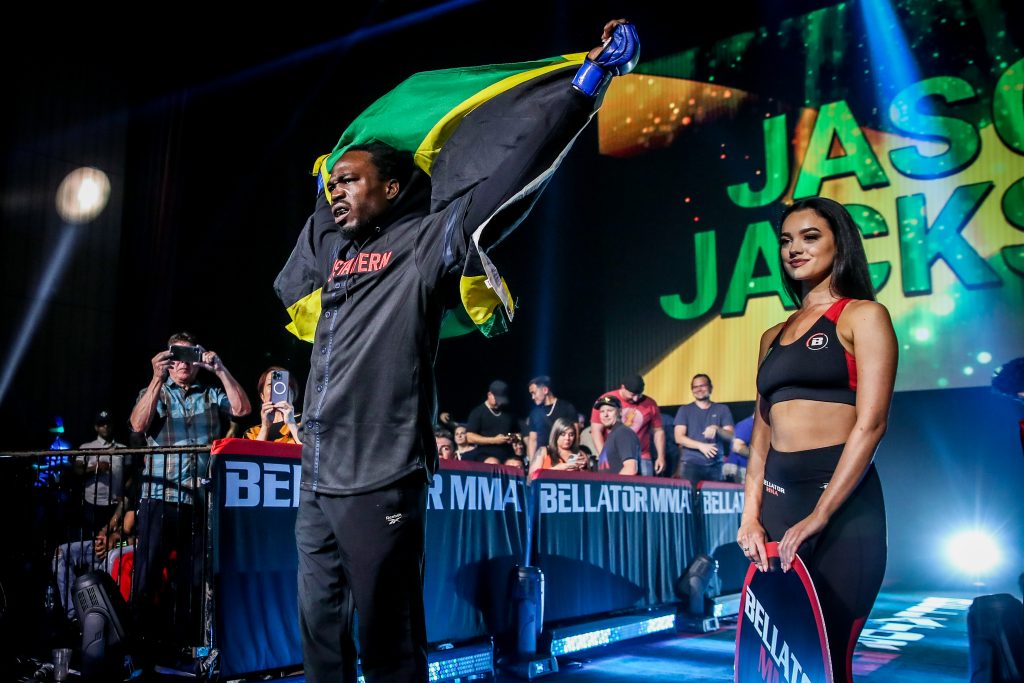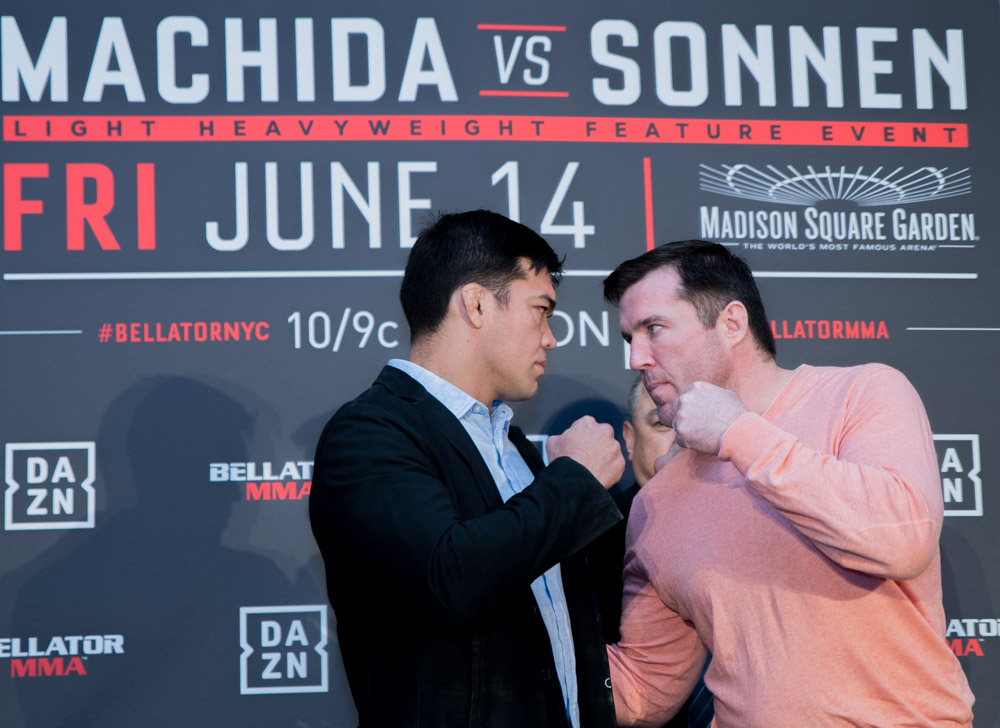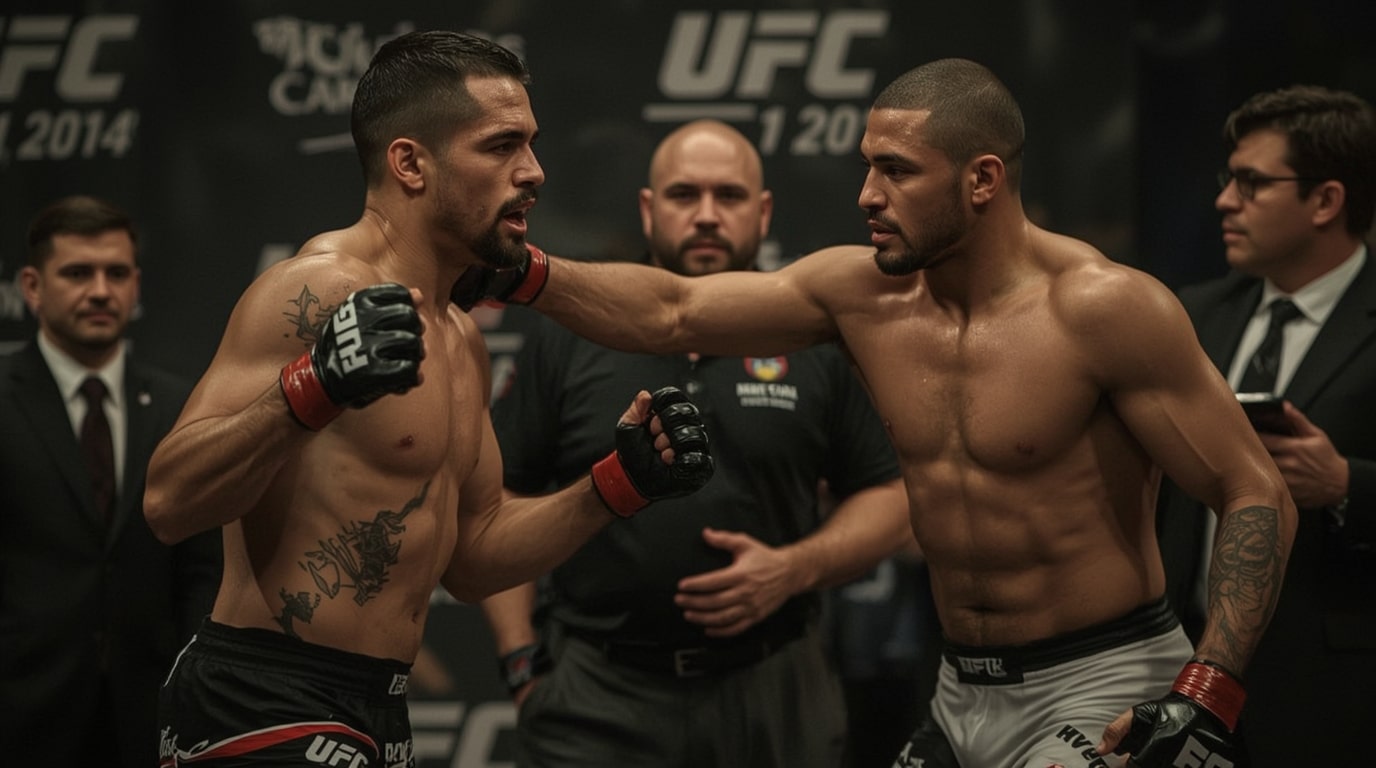TUF, or The Ultimate Fighter, is fairly unique as far as reality TV shows go. TV audiences were already familiar with physical competitions in the form of the Amazing Race and Survivor, but what set TUF apart was that episodes often culminated in brutal showdowns between two fighters.
It was the success of that very first season in 2005 that changed the MMA from the fringes of competitive sports, turning the UFC into a household name. Thanks to the widespread accessibility allowed by social media, UFC doesn’t rely too heavily on the The Ultimate Fighter for publicity these days. Still, TUF has its place in UFC history — and some pretty interesting tidbits that every fan of the series should know.
As Betway observed, “the UFC would likely no longer exist were it not for the show.” But to be more specific, not only would there be no UFC, the company’s absence would have greatly impacted the futures of MMA figures like Anderson Silva, Georges St. Pierre, Ronda Rousey, Jon Jones, and Conor McGregor. These are names many current UFC fans may have never heard of had it not been for the legendary fight between TUF Season 1 finalists Forrest Griffin and Stephan Bonnar.
The successful completion of the first season of The Ultimate Fighter was a shock, as Spike TV initially intended it to be a one-season event. However, the publicity and positive public reaction — viewership swelled to 10 million as the finale fight progressed — was simply too strong to ignore. In Dana White’s own words, the UFC owners and network reps cut a deal for a new season “literally in the alley where all the trucks were.” It wasn’t a particularly glamorous moment, but the experiment’s success would prove to be the first step of many, leading the UFC down a path of global success that would make them the first name in mixed martial arts.
In addition to a groundbreaking first season, the UFC might owe a bit of its existence to World Wrestling Entertainment. Prior to WWE’s Monday Night Raw getting moved to the USA Network, the show was a centerpiece for Spike TV. It appeared logical from a rating standpoint that the experimental TUF series would work best alongside Raw. The decision appeared to benefit TUF, as the Spike time slot saw a 38 percent jump in ratings with the Ultimate Fighter, thanks in large part to acting as a lead-out to Raw. There’s a strong possibility that, had TUF followed something else, the show might not have shown enough promise to even make it to that historic Griffin/Bonnar fight.
Despite the significant success that the UFC achieved with The Ultimate Fighter in these years, the show’s ratings have steadily declined. Well, all good things must come to an end — and with numbers like these, TUF probably won’t be around for much longer. The good news is, the UFC is now an enduring franchise whose success is no longer tied to the highs and lows of reality TV.








Leave a Reply